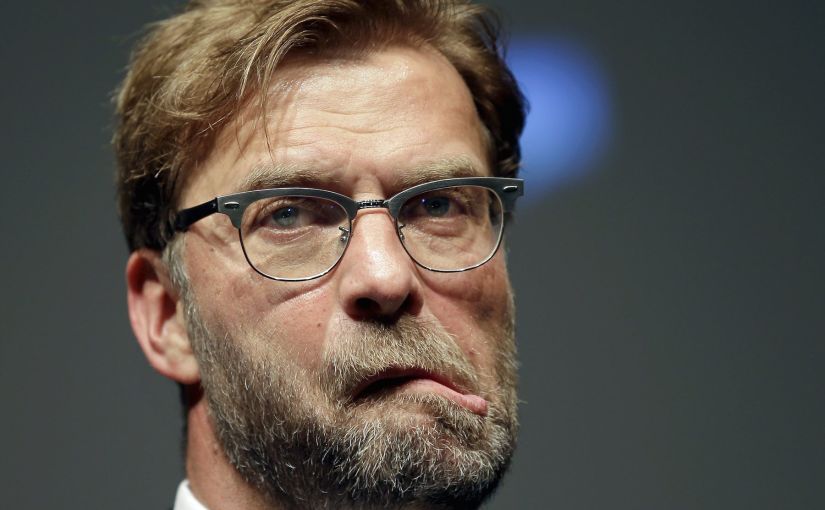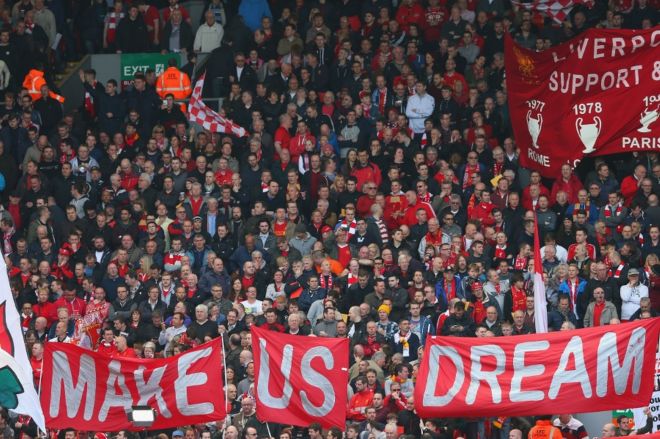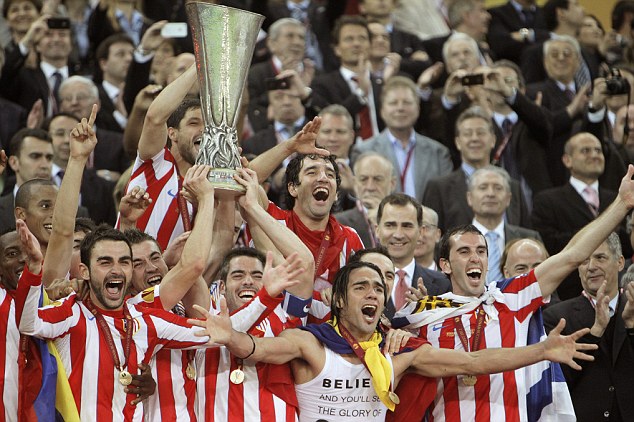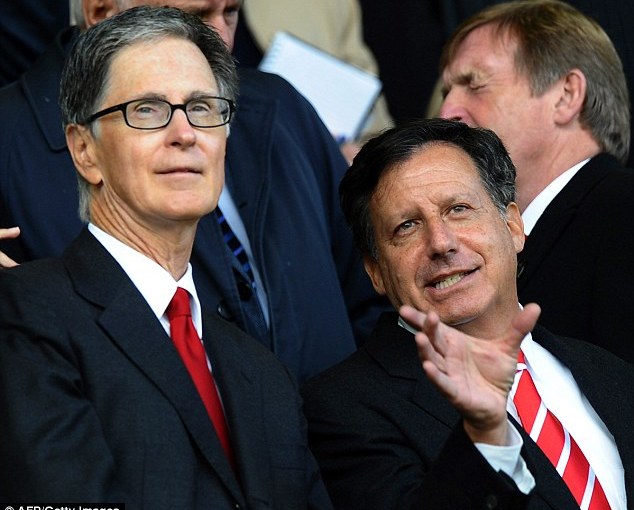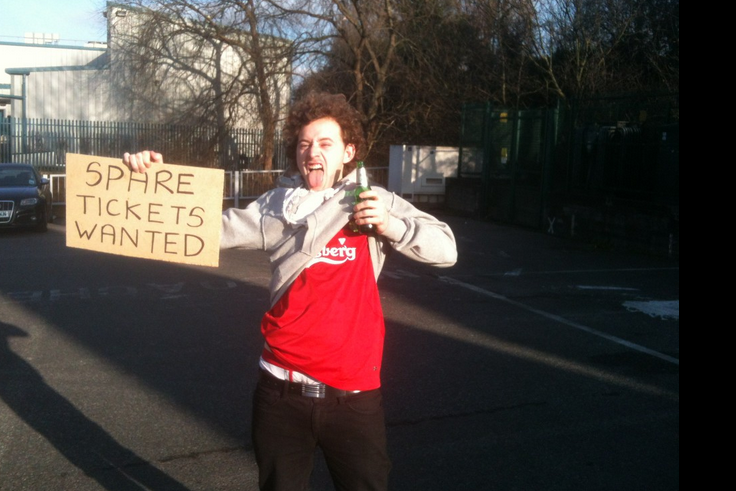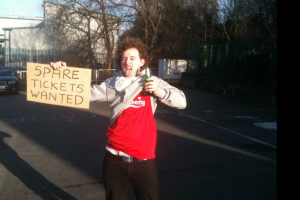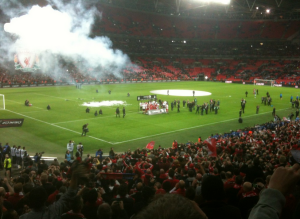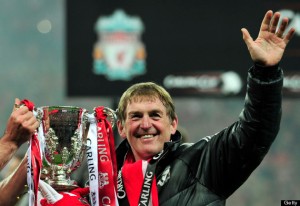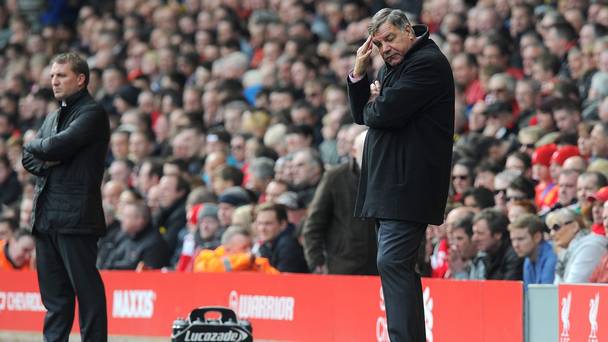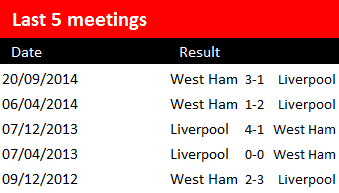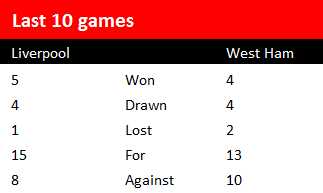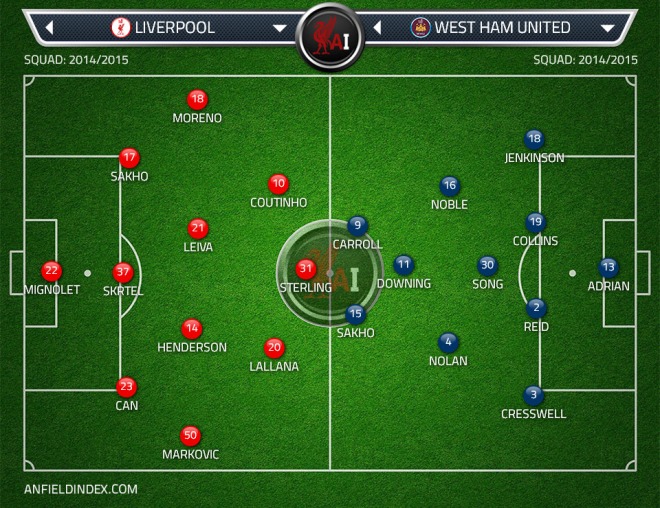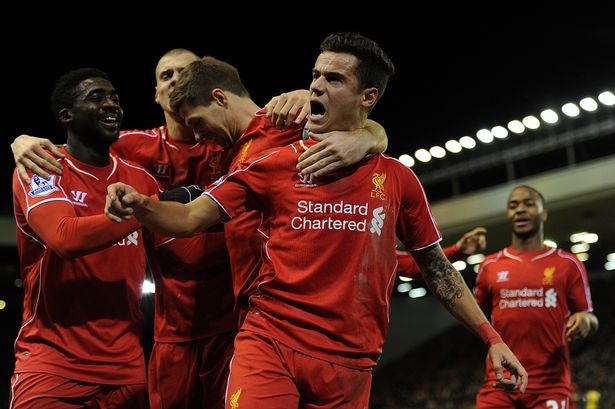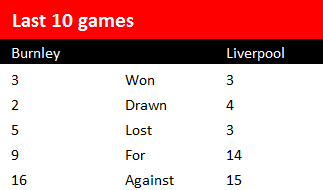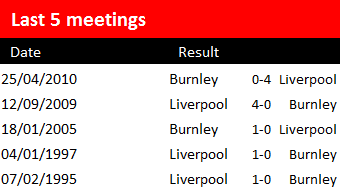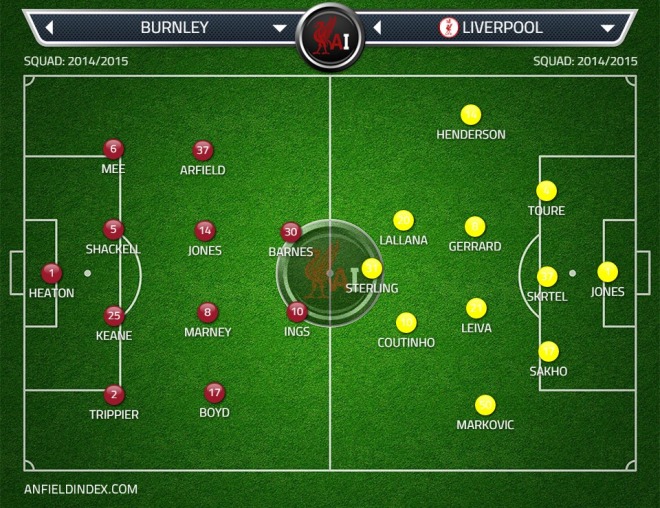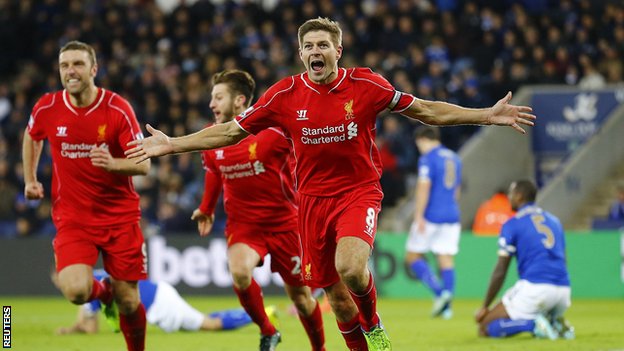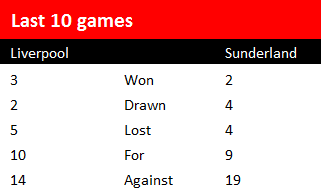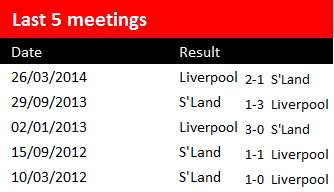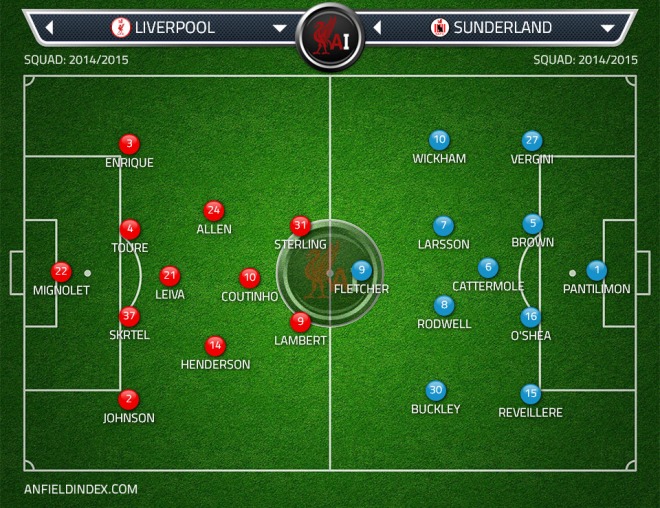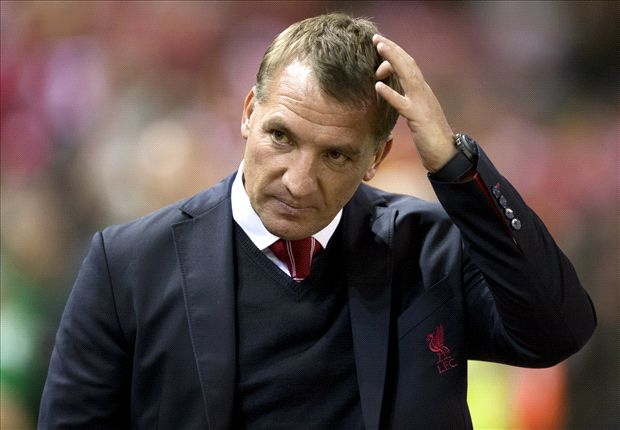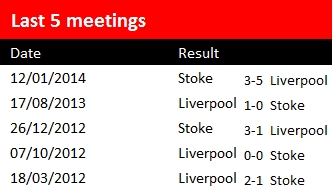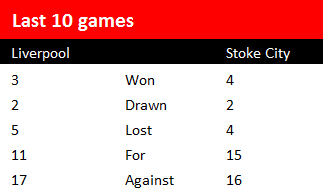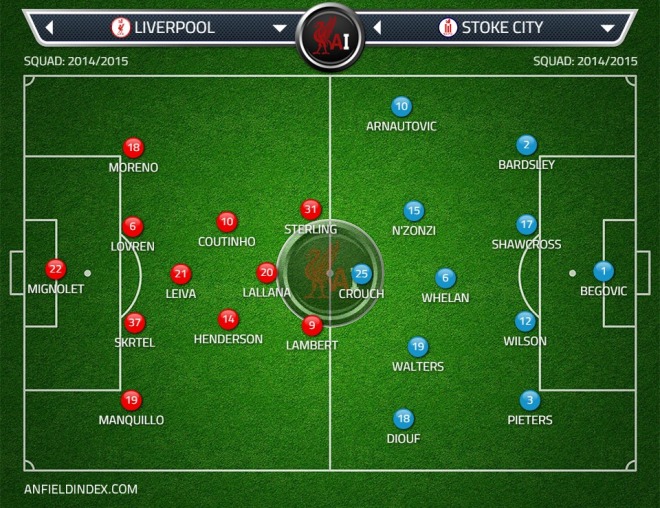It’s not often that I pay attention to the mutterings of mainstream media pundits, but a phrase used by Slaven Bilic on Monday Night Football this week resonated with me. It wasn’t the most eye opening of insights by any stretch of the imagination, but I found the connotations of it interesting in the context of Liverpool Football Club’s recent past, and my own concerns over it’s immediate future.
“Football is a reflection of society”.
He’s right, of course, and it’s a pretty obvious thing to say, but the obvious things are often overlooked. You can’t see the wood for the trees, as the saying goes. The context of the conversation was centred on the eight managerial changes already witnessed in this seasons Premier League – an all-time high at this stage since the competitions inception in ’92, and the increasingly normalised impatience, from boardrooms to terraces, that has driven it. Look at the wider football league ladder, for instance, and you’ll find just 14 of 92 managers have been in situ for three years or more. In other words, 85% of managers have been in post for less than three years across England’s top four divisions. As things stand, the average time-in-post for a football league manager is 690.42 days (1.89 years). Remove the remarkable tenure of Arsene Wenger from the equation and that drops to an average of just 605.86 days (1.67 years). Take a look at the Premier League specifically – again, without the Wenger outlier, and that becomes 551.05 days (1.5 years). To contrast this, on the opening day of the Premier League season (or The Premiership, as it was back then) in 1992, the average time-in-post of the 22 managers was 1,184 days (3.24 years). So, the average time-in-post for a Premier League manager was 2.16 times higher on the opening day of the inaugural season, than it is across 19 of the 20 managers today.
But Liverpool are different, right? We give our managers time…
Well, what if I told you that 36% of the managers of Liverpool Football Club have been in situ since the inception of the Premier League. That’s 8 managers in the last 26 years, compared to 14 in the 100 years prior. Of those 8 managers from the Premier League era, half of them have been appointed since 2010. The average time-in-post for those? 687 days (1.88 years), including Klopp’s tenure to-date.
Of course, there is context behind these numbers, but the simple underlying truth is thus: You don’t get long in the 21st century football world. With media scrutiny at fever pitch and narratives formed in knee-jerk fashion, the previously stereotypical ‘five year plan’ has become a two year plan – the patience for the former, increasingly rare. All of this is then further multiplied by the explosion of social media and the instant reaction to absolutely everything. Is all of this in any way helpful? Does it lend itself to stability, or even to the pursuit of success? Well, clearly not, but it is a reality. I would personally argue the virtues of patience, of a long term vision and plan, and particularly, one that extends beyond the current incumbent of the managers office. That, to me at least, is a sensible approach. Foundations need to be laid throughout the club if your vision is to be sustainable, and that, generally, isn’t achieved short term and amidst managerial instability. Certainly not without an eye on the bigger picture pulling it all together. Some might agree with me on that. The numbers, and noise, suggest that many do not. What I would add though, is that a long term plan cannot be at the expense of the here and now. There has to be a balance, and even more so in the world that we find ourselves. To underestimate the importance of the short term is to walk a tight-rope from which most will fall, with neither grace nor pity.
And so to Jürgen Klopp. Appointed as the manager of Liverpool Football Club 840 days ago, on the 8th of October, 2015. Already beyond the average time-in-post for the Premier League and the top four divisions overall, impatience dressed as frustration has, predictably perhaps, begun to surface in certain quarters. Upon arrival he could do no wrong, the unique and affable German immediately securing the buy-in of every single Liverpool supporter the world over. Each headline grabbing comment devoured and every smile, hug or fist-pump met with a roar of approval. This was the man we all wanted, the perfect fit. There wasn’t an alternative anywhere who we would have taken in his place. Stop and think about it now though, when did you first start to notice conversations prefaced with: “I love Klopp, but…”. It’s probably in rough alignment with the average time-in-post for his managerial peers across the top four divisions, of 1.67 years. Or, in chronological terms, the summer just passed. It’s no coincidence. As Slaven pointed out, we as a society are driving this. The problem here isn’t Klopp, it’s us. Listen to the conversations around the manager and slowly the narrative has begun to shift, with phrases like ‘he’s had three seasons now’, starting to enter conversations in the pubs, forums and on social media, despite that quite literally being untrue (for the record, Klopp took over in October, eight league games into the 15/16 season and on the back of Brendan Rodgers’ preseason preparations, not his own).
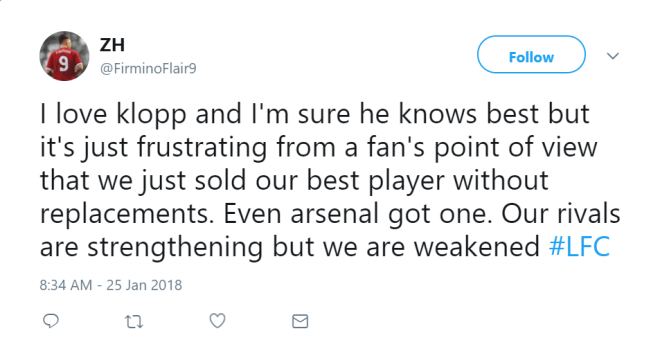
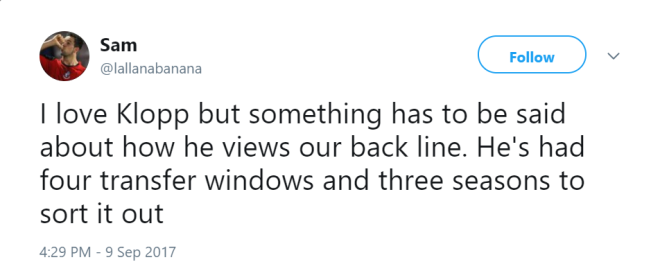
In addition comes the assertion that ‘he still hasn’t won anything’ at the club, and whilst obviously accurate, there is no mention of the context. Of the two cup final appearances in his first part season. The exhilarating run in that seasons Europa League, and the strong showing in the Champions League that has since followed, of course permitted by securing qualification for only the second time in seven seasons. Not to mention the clear and obvious progress in the form of an increasing points-per-game (from 1.6 in his first part season, to an average of 1.98 across the two full seasons that have followed thus far), the honing of a breathtaking style of play, the clear successes in the transfer market and apparent ability to attract the kind of talent that we simply haven’t entered the conversation for across the last decade. The list goes on. And this is without any mention of the kind of competition that he faces, unparalleled anywhere else in Europe, or throughout the clubs history.
Now, let me be absolutely clear with this. I love Jürgen Klopp, as both a football manager and a person. I have two feet very much in the Jürgen Klopp camp. I love his passion, his character and his undeniable idealism and these words are not intended to be a defence of his performance. That isn’t needed as far as i’m concerned. And yet, in direct, unabashed conflict, it’s the same idealism that I very much admire that underpins the grumblings that have begun to emerge, and as a result, my own concerns.
This idealism, that we all knew of and bought into 840 days ago, was evident in the summer past, as he compiled a list of first choice targets and refused to consider any and all alternatives, even if that meant denting the positive mood around the club, or even the good-will towards himself. His ideals come first. The plan comes first. Always. From a footballing perspective it was a decision that saw us enter the season without the central defensive signing universally identified as the key to the summer. Jürgen, publicly at least, was unfazed and chose to focus on the players that he had available to him, reaffirming his belief in them and their ability to do the job. And to a large extent they went on to do just that. In the end he got his man, of course, in the shape of Virgil van Dijk, only, six months later than he, and undoubtedly the wider Liverpool public, would have preferred. This same idealism has come to the fore once more this month in the shape of the second highest transfer fee received in the history of the game, in exchange for the departure to Barcelona of Phillipe Coutinho. Jürgen Klopp has since been as transparent as he could be, within diplomatic bounds, around the reasons why he felt he had no choice but to comply with the Brazilians wishes. Ultimately, if there is any doubt that you are committed to the cause – to his cause, then you become surplus to requirements. Jürgen clearly had severe doubts on that and logically, it’s difficult to argue with his subsequent stance if that is the case.
And so, with at least £142 million at his disposal and a key member of the squad sold off, calls for reinforcements, often coupled with the kinds of thinly veiled criticisms mentioned above, grow louder by the day. As we saw in the summer, however, there is unlikely to be an acceptance of alternate lists of targets and Jürgen, quite rightly, is not a man who will concern himself with the opinions of those beyond the corridors of Melwood. It’s the players he wants or none at all, appears to be the approach, preferring to place trust in those that he has rather than compromise on his ideals. And so the question then becomes; what are those within the aforementioned Melwood corridors offering to any discussions around these decisions? Are there any firm, senior, alternate voices, or does the manager have carte blanche? To consciously weaken the squad and limit your options at such a key point not only in the current season, but in your reign at the club as a whole, seems to extend beyond risk and approach the realms of recklessness. The fact of the matter is, managerial longevity nowadays comes hand-in-hand with progress, and that progress has to be consistent, and increasingly as your tenure extends, quantifiable. For Jürgen Klopp and Liverpool, progress at this stage is measured by repeated qualification for the Champions League, and trophies. Two things that provide the pathway to the next step in the evolution of this team and the club overall, and importantly, that remain achievable this season. On the other hand, a perceived regression from the upward trajectory witnessed so far under the German, at this stage of his tenure, has the potential to turn what are currently sporadic complaints into something more problematic. Not many backwards steps will be tolerated and the manager, ultimately, will carry the can. That is the risk that Jürgen Klopp was prepared to take in the summer, and looks increasingly likely to take again as the winter transfer window enters its final week. The instinctive reaction is to join the throng in demanding signings – any signings, and yet the contradiction that quickly surfaces as the objecting voice within your head reminds you that this is the man we wanted, and have. This, fundamentally, is Jürgen Klopp being Jürgen Klopp, and the moment he stops being so is the moment that he becomes lost and his time is up. The spectre of Brendan Rodgers’ latter months should loom large as a stark warning on how that scenario plays out.
That is not what we should want. That is not what I want. But should the transfer window close on the 1st of February without the Liverpool squad being bolstered then the pressure heaped upon Klopp is likely to escalate beyond anything seen thus far, and with the Champions League and FA Cup set to recommence in the coming weeks, the concerns around the depth of quality at his disposal, particularly in the attacking positions, will be scrutinised repeatedly and any stumble ceased upon as an example of why decisions made were wrong and why additions should have been forthcoming. I guess in the longest winded way possible, what I am really getting at here is that I don’t want to see Jürgen Klopp fall on an entirely avoidable sword. The potential of the team – his team – is there for all to see, but as has been proven time and again, when doubts materialise and opinions change and become entrenched, it is extremely difficult to reverse. My hope is that Jürgen Klopp remains acutely Jürgen Klopp, but that those senior figures around him step up and offer the pragmatism required to counteract his unyielding ideals. That there is a senior voice advocating the case for twisting, and simultaneously underlining the clear and obvious risks in sticking. Opting for the latter in the summer was a risk that paid dividends. To double down again now seems foolhardy given the nature of the competition. Do that and take a backwards step and the volume of dissenting voices will only increase. Not only that, but take that chance and finish outside of the Champions League positions and the ability to attract those same first choice targets that we are apparently waiting for decreases significantly. These surely are not risks that you take lightly. Liverpool need to strengthen, and they need to find a way of doing so that sees the manager remain true to himself. Whether that is reviewing the internal stance on player valuations, making the case for alternative options (as was reportedly the case with Mohammed Salah and Andrew Robertson), or simply outlining the stark nature of the impending risk.
Jürgen occasionally gives the impression that he thinks we’re all a bit mad, and he would be absolutely right, we are. Through no fault of his own he has inherited a set of stakeholders in the stands and beyond who have waited 28 years and counting for a league title, resulting in a growing desperation that knows no bounds. Couple that with the emergence of an unprecedented level of competition and a constant realisation that six into four simply do not go, all feeding a fear that another missed opportunity could lead to a descent towards semi-permanent irrelevance. Now package all of this up within the constitution and temperament of society at large and the impatience that permeates through it. Jürgen Klopp is almost certainly correct in refusing to compromise his vision and ideals, but there must be an awareness within the corridors of power at the club of the potential ramifications of decisions made over the coming days. Of the need to give themselves the best possible chance of realising Klopp’s vision. Of giving him the best chance. The volatile nature of opinions and narratives and the destructive power that they can wreak mean that a perceived wrong move, which leads to a perceived regression, can be decisive in the managerial reign of a modern football manager, however admirable, or even correct, their approach may be. Particularly with public platforms now more readily accessible than ever.
I don’t believe that any of us want to see Jürgen Klopp fall foul of such a situation, it’s one of which we all bore painful witness to in recent memory with Rafa Benitez in particular, but it can very quickly become the reality that you didn’t see coming.
